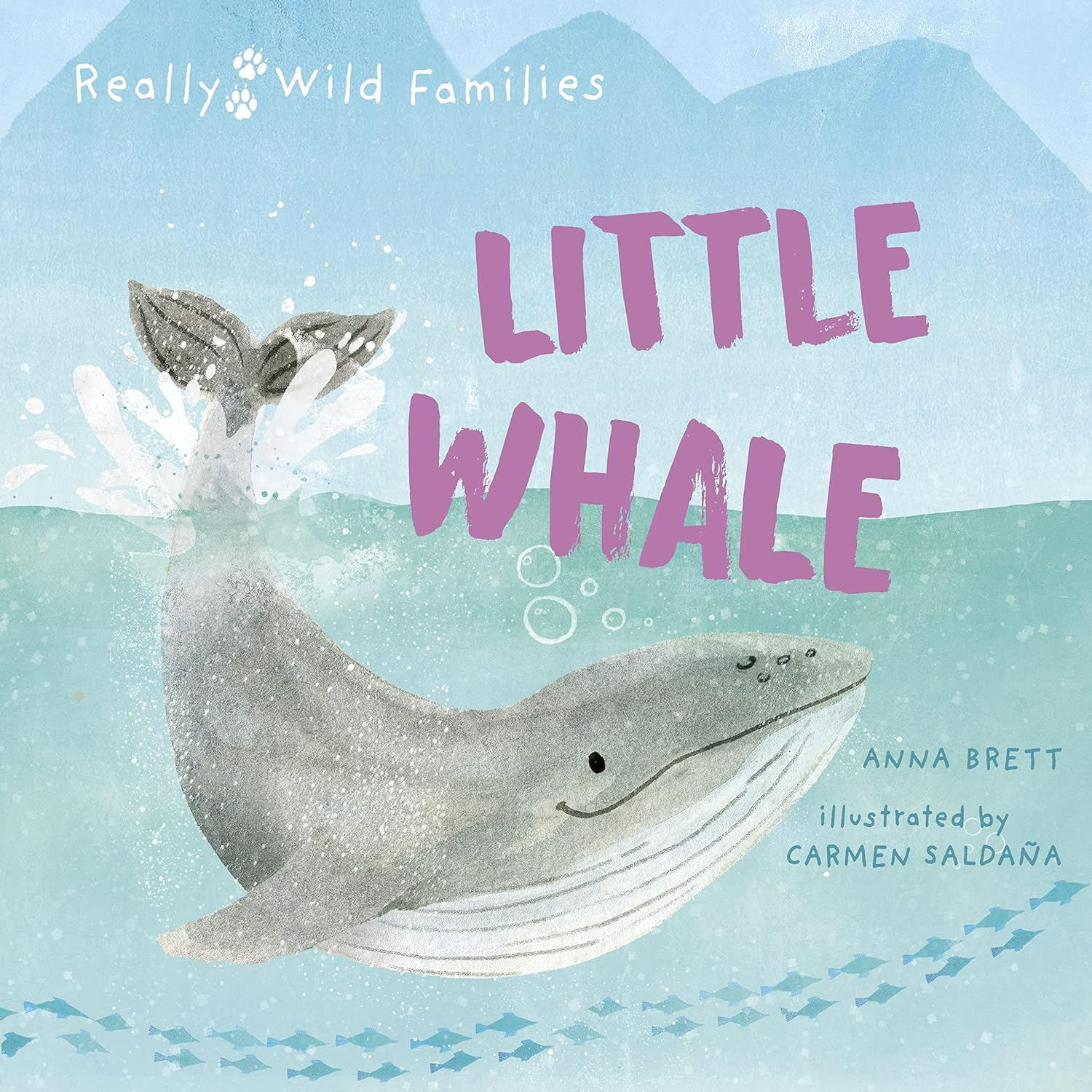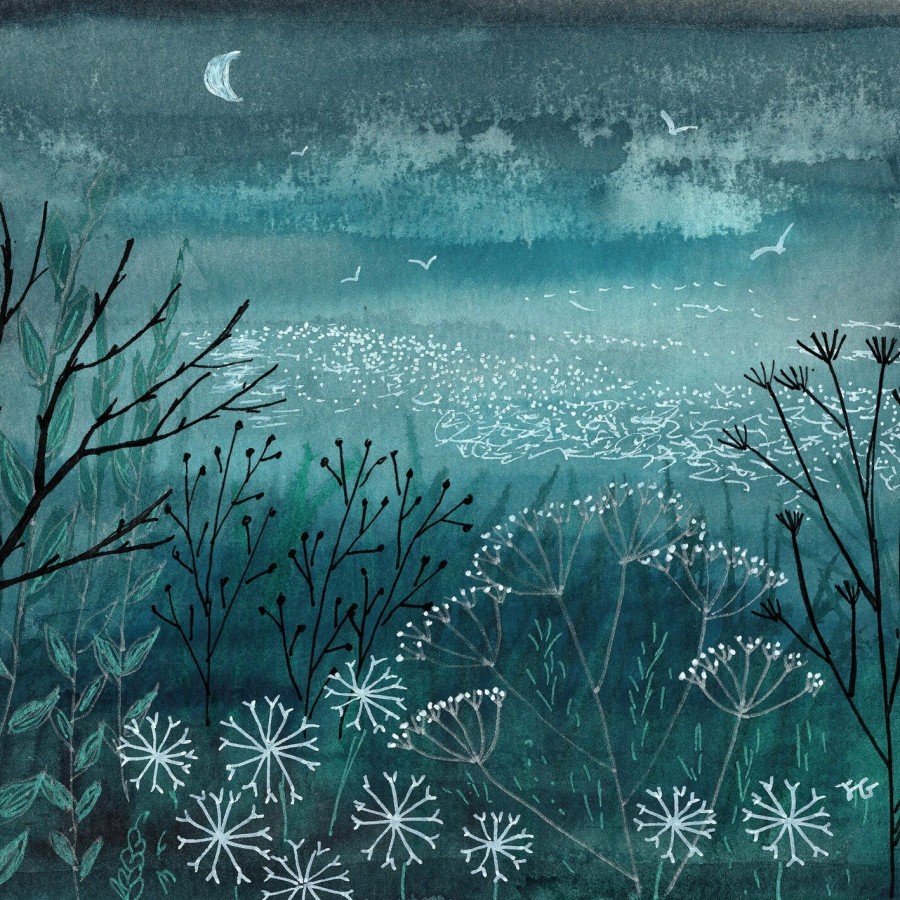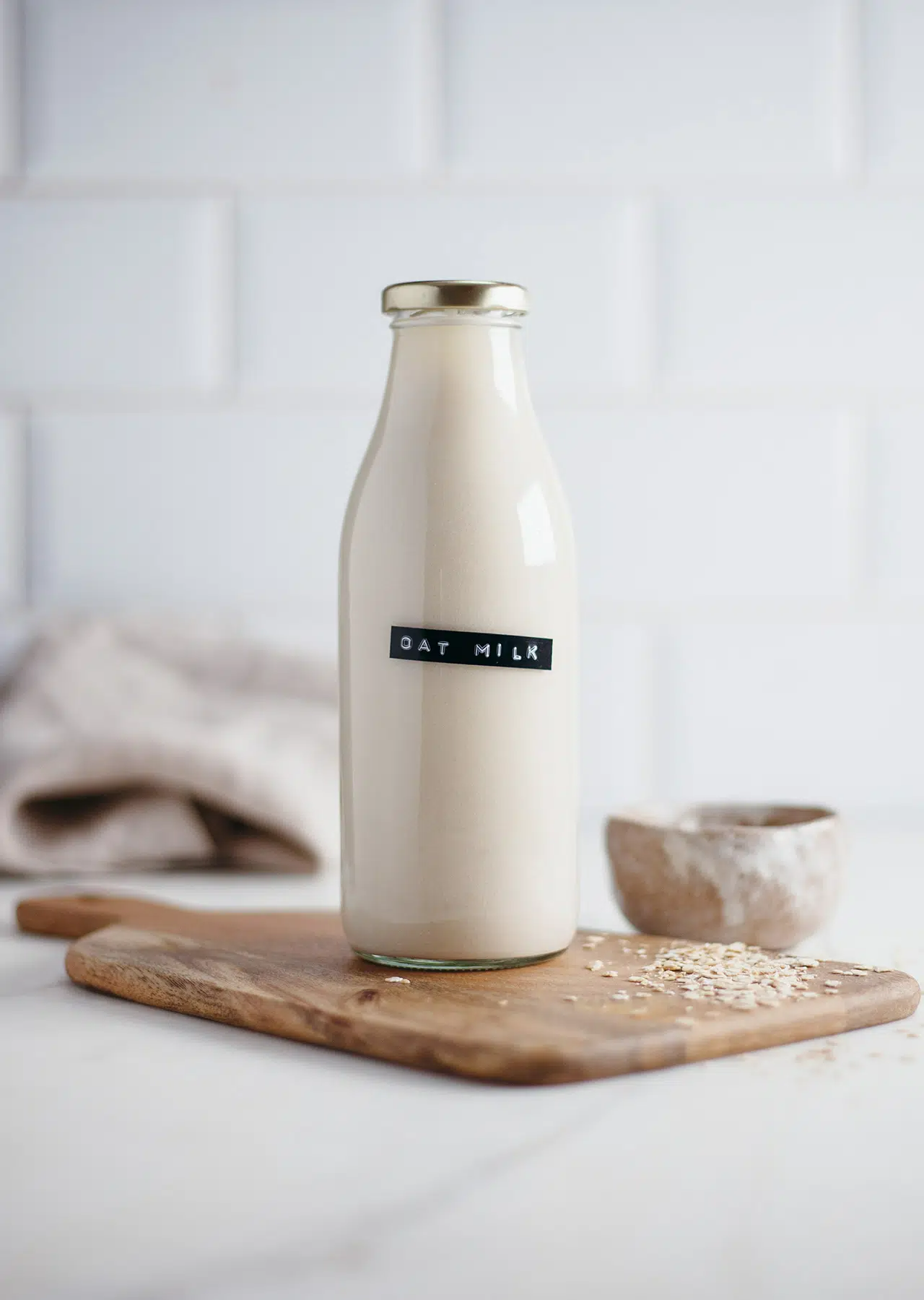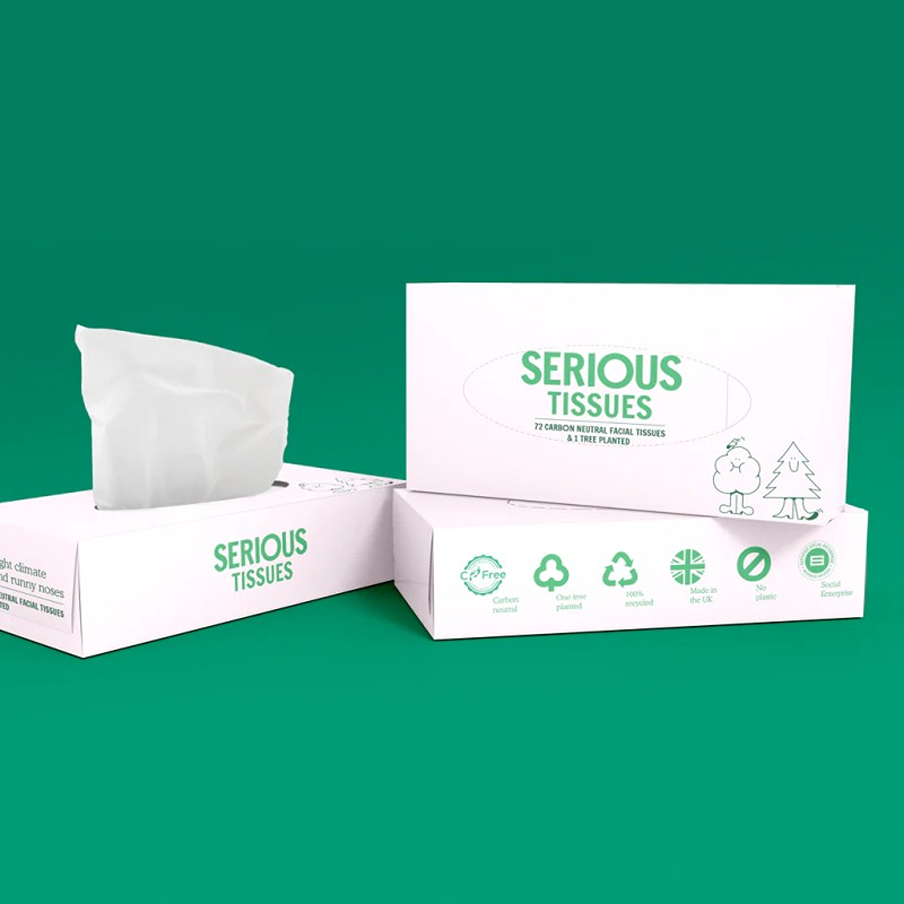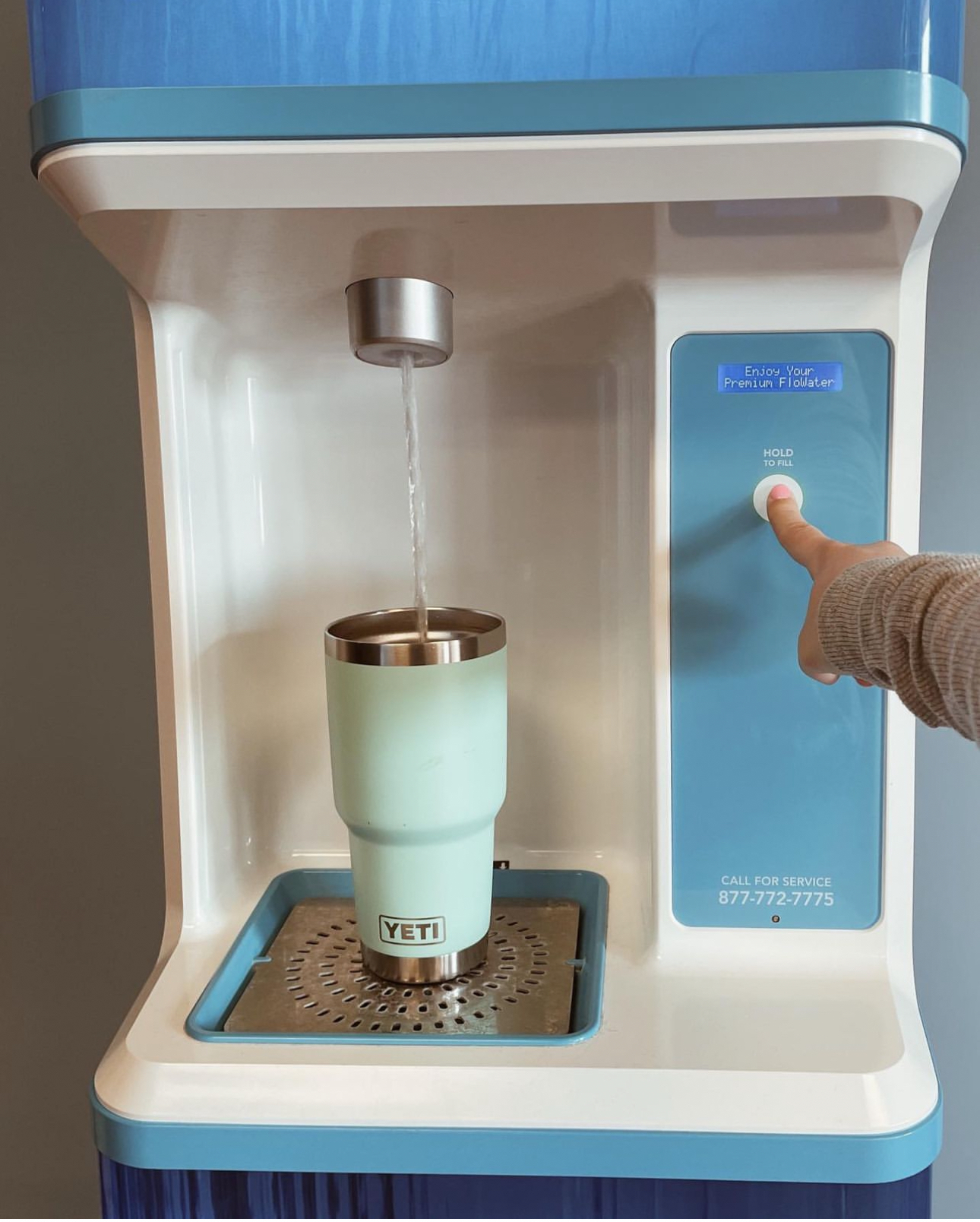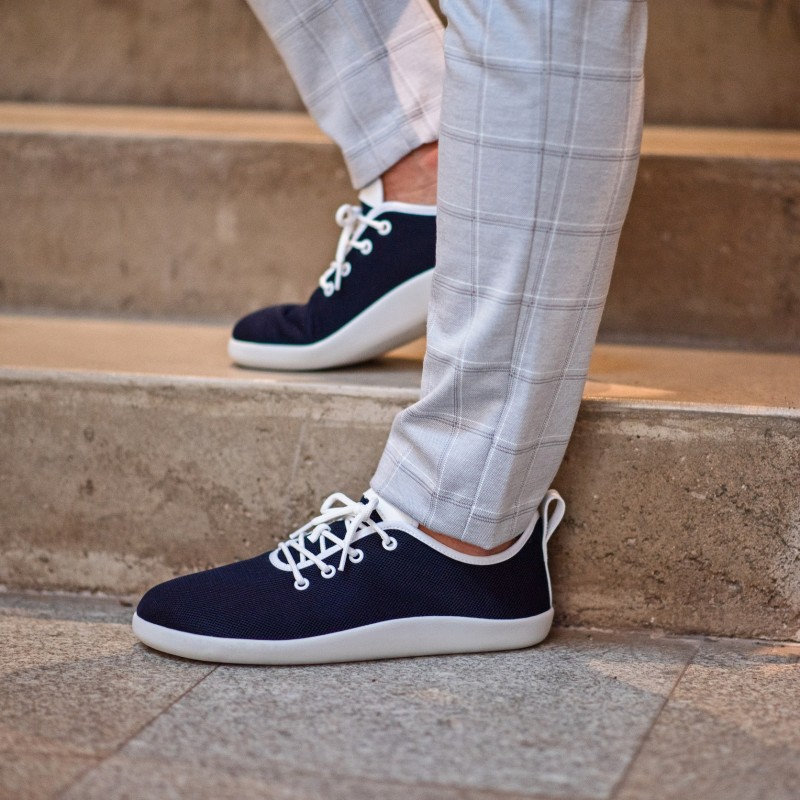
Our feet take a real battering, so invest in quality vegan shoes (prevents most problems) and use a good soap and foot cream. Ahinsa Shoes are super-comfy, made by physiotherapists. Verified by university studies as being super-comfy for walking, they are ethically made from handmade materials in Croatia and the Czech Republic.
With worldwide shipping, choose from barefoot shoes (as natural as walking barefoot) or comfort shoes (maximum cushioning to adapt to your stride). The vegan leathers and suedes are ideal for traditional shoes, while the hemp and linen are more for ‘nature’s tough guys’. There are even boots with vegan fur lining to keep your toes toasty (tested to warm your feet in freezing Finnish temperatures!)
Like rhino horn, our nails are made from keratin (don’t use toxic liquid for nail-biting, it can harm babies and pets if licked – some say giving up gluten has stopped nail-biting overnight, due to blocking vitamins that cause anxiety?) This plant-based bristle nail brush is made with sisal fibres on a FSC-certified beechwood base, ideal to clean gardening hands, and biodegrades at end of life (air-dry away from damp sinks to prevent mould).
Sienna Glass Nail File is an everlasting nail file that never goes blunt and has over 3,000 top reviews. Glass nail files have a finer grit than emery boards, so you can file in both directions without worry of splitting or peeling, though file in one direction, for best results. Or use a Swedish sandstone reusable nail file (orsa sandstone is millions of years old, and so resistant to abrasion, it’s used for millstones).
To care for your feet, wear Fair Trade rubber gloves for washing-up, cleaning and gardening, drink water and eat well. Use a biodegradable hand cream (avoid essential oils for pregnancy/nursing and affected medical conditions).
vegan shoes (designed by physiotherapists)
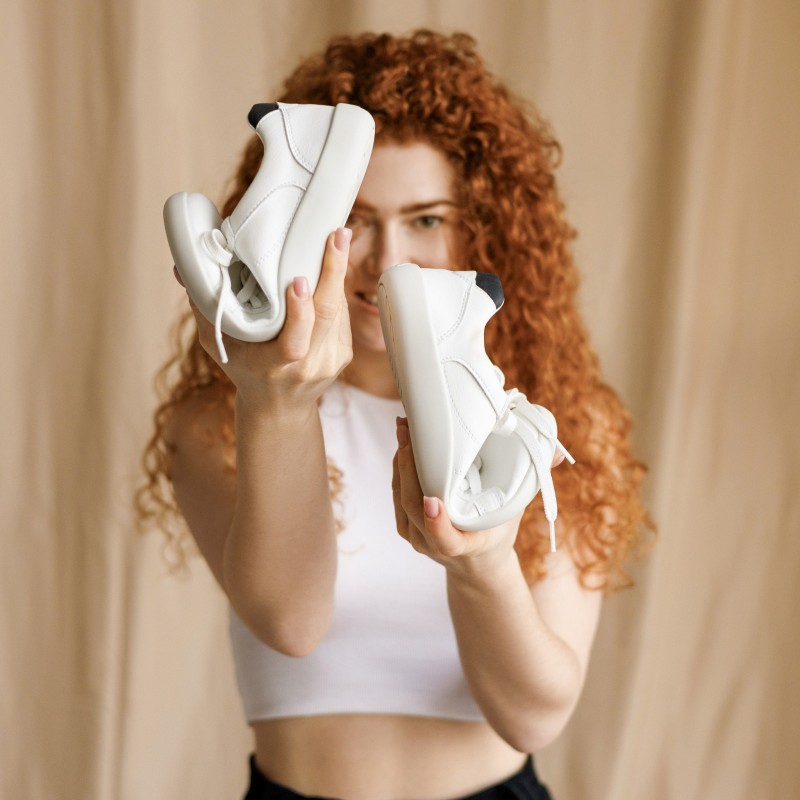
Ahinsa Shoes are something a little bit different. Designed to last millions of steps, these shoes for men and women are designed by physiotherapists, to follow the natural shape of your foot. Ideal for keen walkers or anyone who has foot comfort issues, these are likely the most comfortable shoes in the world, and as near to walking barefoot (so also good for diabetics who have to wear shoes, to avoid stubbing toes for health reasons).
Choose from vegan leather or suede for traditional shoes or hemp and linen for natural walks. The boots with vegan fur lining are to keep your toes toasty (tested to warm your feet in freezing Finnish temperatures!)
Handmade in Europe, this Czech company (with quick and easy returns). It’s pretty difficult to find really comfortable shoes (especially when you then have to narrow down materials) so this is a boon for anyone who simply wants to discover the joy of ‘walking on air’ rather than countless purchases of shoes that end up hurting your feet or falling apart. And no animals harmed either!
Made with love in the Czech Republic and Croatia, the founder is a physiotherapist who found that after helping people to walk better, they would then their feet into uncomfortable shoes to undo all the good work. He made a pair of sandals for his young son, and then hit on the idea of making comfortable shoes that flex (like the foot does) from ethical materials.

The Comfort line provides feet with enough space for natural movement, while the special foam and layer of Technogel inside softens your every step. These shoes will fit you the first time you try them on, and you can say goodbye to blisters and callouses. Wear with natural cotton or hemp socks, and wipe-clean only. The Malai line (made from upcycled coconut waste) should last 4 to 8 years, but need treatment with a little natural oil or wax (they recommend coconut oil).
As most quality vegan shoes are still sold online, visit the shoe shop to get your feet measured (or measure your own feet). If you’re a half-size, it’s okay to order the bigger size (feet swell when running and you’ll likely be wearing socks). European brands don’t offer half sizes.
Nearly all shoes are made in Asia from leather in countries with poor welfare laws for animals and humans (and the tanning process is very polluting). Cheap vegan shoes are made from pleather (plastic leather) that are not good for the planet and make your feet sweat. Instead, invest in a couple of pairs of quality vegan shoes made from Microfiber (wear on alternate days, to let them dry out). Wipe clean with a damp cloth.
how to prevent & treat nail infections
Avoid contact as most fungal infections are contagious and reduce alcohol, refined grains and sugar (including fruit juice). You could try using a cotton bud to ‘paint’ nails with coconut oil then cover with plaster, continues until healed or nails grow out. Most podiatrists do not recommend tea tree oil as it could cause contact dermatitis. Also switch to a natural nail polish.
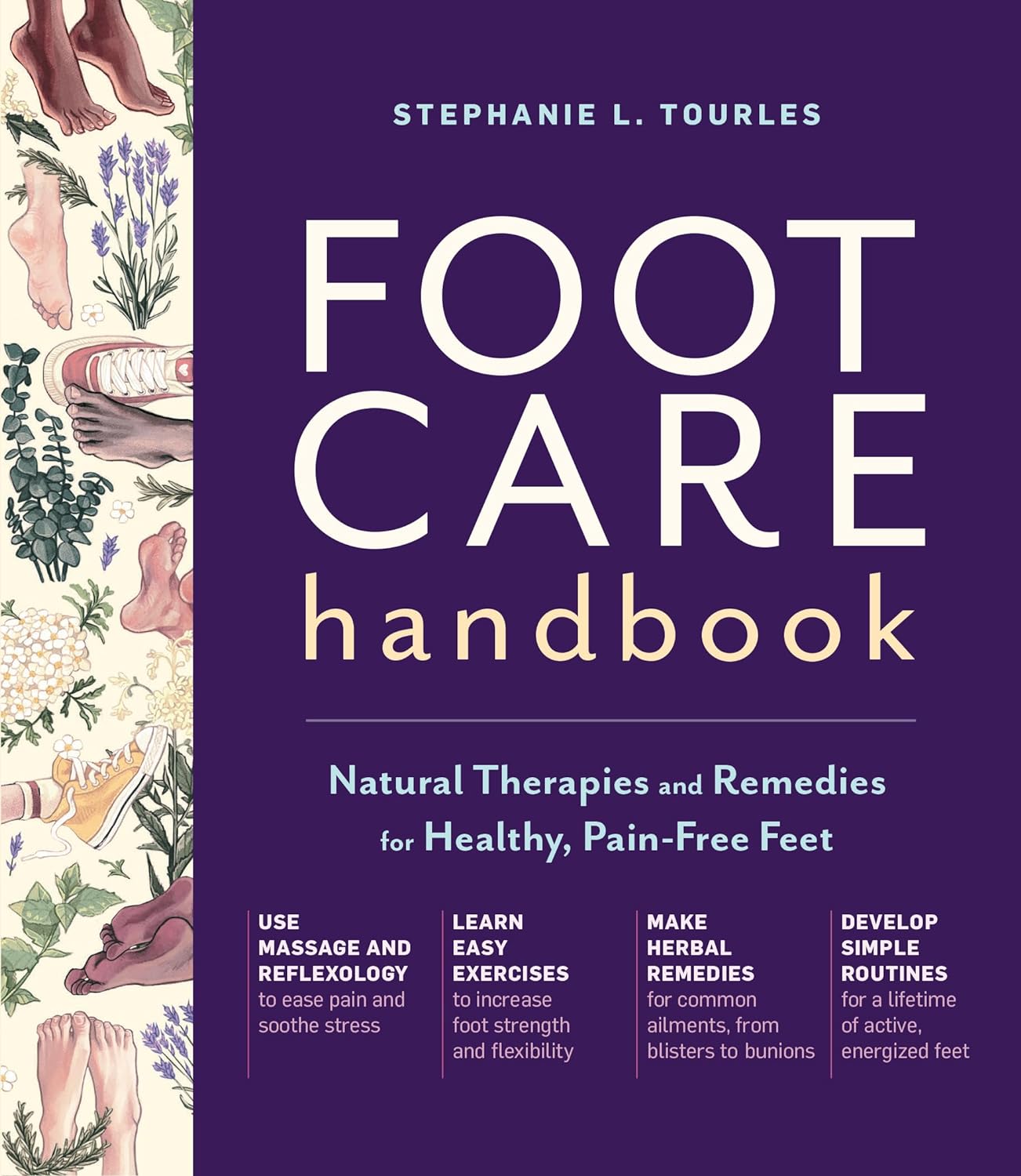
The Foot Care Handbook is a beautifully written and illustrated book for people to learn how to look after their feet, from skincare to common foot problems like athlete’s foot, blisters, bunions, corns, cracked skin and plantar fasciitis. The author explains foot physiology and offers exercises for stretching/strengthening feet, massage techniques and reflexology. Friendly and empowering, there are also redmedies for hammertoes, toenail fungus, plantar warts, heel spurs, itchy feet, sweaty feet and smelly feet! Also read The Foot Book by a couple of foot doctors, who cover the same issues plus ankle pain.

